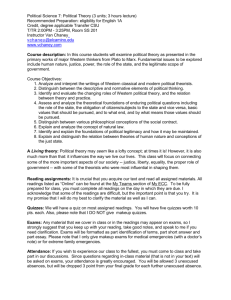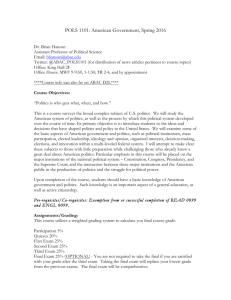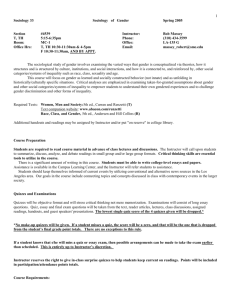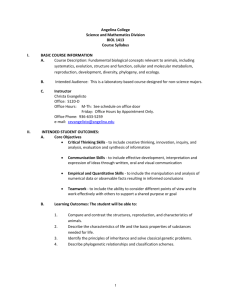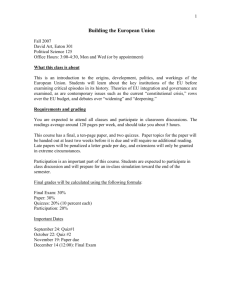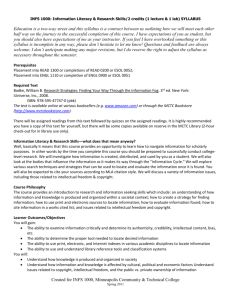here - Personal pages of the CEU
advertisement
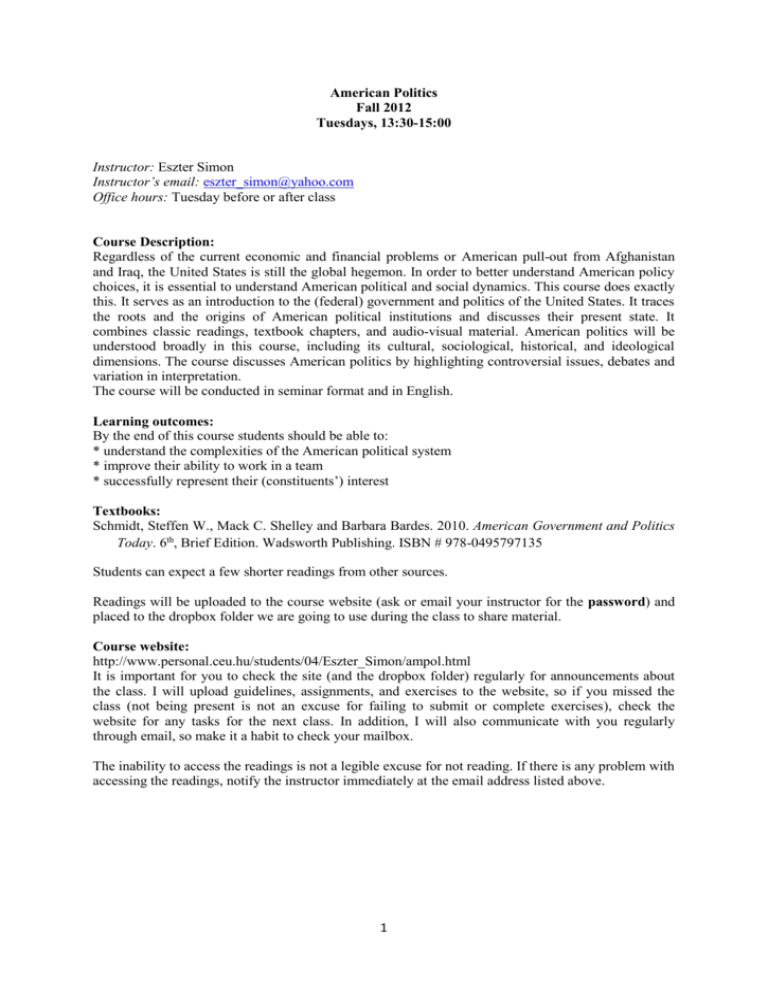
American Politics Fall 2012 Tuesdays, 13:30-15:00 Instructor: Eszter Simon Instructor’s email: eszter_simon@yahoo.com Office hours: Tuesday before or after class Course Description: Regardless of the current economic and financial problems or American pull-out from Afghanistan and Iraq, the United States is still the global hegemon. In order to better understand American policy choices, it is essential to understand American political and social dynamics. This course does exactly this. It serves as an introduction to the (federal) government and politics of the United States. It traces the roots and the origins of American political institutions and discusses their present state. It combines classic readings, textbook chapters, and audio-visual material. American politics will be understood broadly in this course, including its cultural, sociological, historical, and ideological dimensions. The course discusses American politics by highlighting controversial issues, debates and variation in interpretation. The course will be conducted in seminar format and in English. Learning outcomes: By the end of this course students should be able to: * understand the complexities of the American political system * improve their ability to work in a team * successfully represent their (constituents’) interest Textbooks: Schmidt, Steffen W., Mack C. Shelley and Barbara Bardes. 2010. American Government and Politics Today. 6th, Brief Edition. Wadsworth Publishing. ISBN # 978-0495797135 Students can expect a few shorter readings from other sources. Readings will be uploaded to the course website (ask or email your instructor for the password) and placed to the dropbox folder we are going to use during the class to share material. Course website: http://www.personal.ceu.hu/students/04/Eszter_Simon/ampol.html It is important for you to check the site (and the dropbox folder) regularly for announcements about the class. I will upload guidelines, assignments, and exercises to the website, so if you missed the class (not being present is not an excuse for failing to submit or complete exercises), check the website for any tasks for the next class. In addition, I will also communicate with you regularly through email, so make it a habit to check your mailbox. The inability to access the readings is not a legible excuse for not reading. If there is any problem with accessing the readings, notify the instructor immediately at the email address listed above. 1 Note on Academic Honesty Plagiarism and cheating are considered unacceptable academic practices. Plagiarism is understood as any usage of text of other author(s) – identical or paraphrased borrowing of an idea – without proper referencing. This includes copying or borrowing from other students or handing in work prepared by someone else than the student. For word by word references, please use quotation marks as well as references. For referencing consult the APSA style manual: http://www.ipsonet.org/data/files/APSAStyleManual2006.pdf. The fact that you employ someone else's argument will not affect your grade negatively as long as you provide references. However, the instructor will make every effort to screen out cases of plagiarism. Any student caught on plagiarism will see their exercise receive a zero for a grade. If the same student will be caught on plagiarism a second time, the student will fail the course. Electronic Devices: Every student has the right to participate in classes undistracted by other students’ use of electronic devices such as cellular phones, PDAs, MP3 players, laptop computers, and so on. To ensure that electronics do not distract the class and facilitate – rather than impede learning, their use in this class is restricted to taking class notes. Cell phones must be muted or turned off during the class. For inappropriate uses of computers and other electronic devices, you will receive a warning and then I reserve the right confiscate the device until the end of the class (you will get the device back when the class is over). Grading Policy: This is a pass pass/fail course. Course requirements: In order to pass this course the students will have to satisfy the following requirements. Regular class attendance: Students may only miss two classes during the semester. For any additional classes missed, students must present a valid proof of the reason (doctor’s note in case of illness, obituary in case of death of a family member, etc.) in order to pass the course. If a valid proof is presented, the quizzes will be averaged on the basis of the number of quizzes actually written (minus the worst two – see details below). Missing a class does not exempt students from submitting exercises in a timely manner. Active participation in class: Students are expected to actively participate in class by asking and answering questions, offering comments on the readings, related issues in general and from their portfolios. Weekly Quizzes and Assignments: There is a substantial amount of reading for this course. Students are expected to finish readings prior to each class and bring a copy of the readings with them to class. To make sure that each student prepares regularly, some classes (see the exact list in the table below) will start with a short 5-10minute quiz on the required readings for the given week. Quiz questions will be general, not requiring deep understanding of readings. For other classes students will prepare by filling in a take-home assignment ‘paper’. These may contain more complex questions. Quizzes and assignments will consist of five short questions each worth 20 points (∑ 100). If a student fails to attend a class, his/her quiz/assignment grade will earn him/her 0 points (assignment 2 scores only count if students appear in the classroom). However, the results of the worst two quizzes/assignments will be automatically dropped when calculating the final grade. Speechwriting exercise During the course students will work in smaller groups on a larger assignment together. This task will involve writing and recording an inauguration speech, which we will watch and vote in at week 7. The videos will be uploaded to the Center’s website. Detailed descriptions for the exercises making up this task will be published on the course website in due course. Students will use dropbox (dropbox.com) for this assignment. Therefore, they will have to sign up and accept the email invitation of the instructor to get access to the dropbox folder (however, the software needs not be downloaded, the folder can be accessed online). If you have joined the course late, email the instructor for access. Each team member has to contribute to this exercise. Teams can issue a consensual warning to a noncontributing team member, and the instructor may exclude students from groups. In order to pass the course, students need to reach an average score of 50% on each of the following grade components: quizzes/assignments, speechwriting, active participation in class. Date Topic Course Introduction Elections 1 September 25 2 October 2 3 October 9 Parties, and ideologies 4 October 16 Political Liberties Reading Tasks due by Monday noon Quiz or Assignment? - - - Chapter 8 Chapter 7, 154-168 Chapter 1 (from “Political Ideologies” on) - assignment Ideology paper quiz Chapter 4 Speech ideas quiz First draft of speech quiz Wilson & DiIulio, chapter 2, 17-27 (until “The Constitution and Democracy”); Declaration of Independence http://www.archives.gov/exhi bits/charters/declaration_tran script.html (you may ignore the list of complaints) Wilson & DiIulio, chapter 2, 27-31, 34-40; Federalist 10 5 October 23 Constitution 1 6 October 30 Constitution 2 7 November 6 Election party - 8 9 10 11 November 13 November 20 November 27 December 4 Chapter 10 Chapter 9 Chapter 12 Chapter 14 12 December 11 Presidency Congress Judiciary Foreign policy Short movie (TBA) and discussion Course evaluation, Signing of grade books 13 December 19 Final draft of speech Video recording of speech; Party-costume quiz assignment assignment assignment assignment - 3
